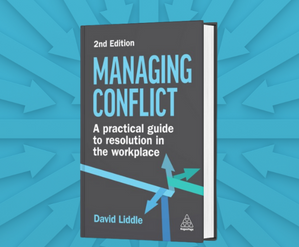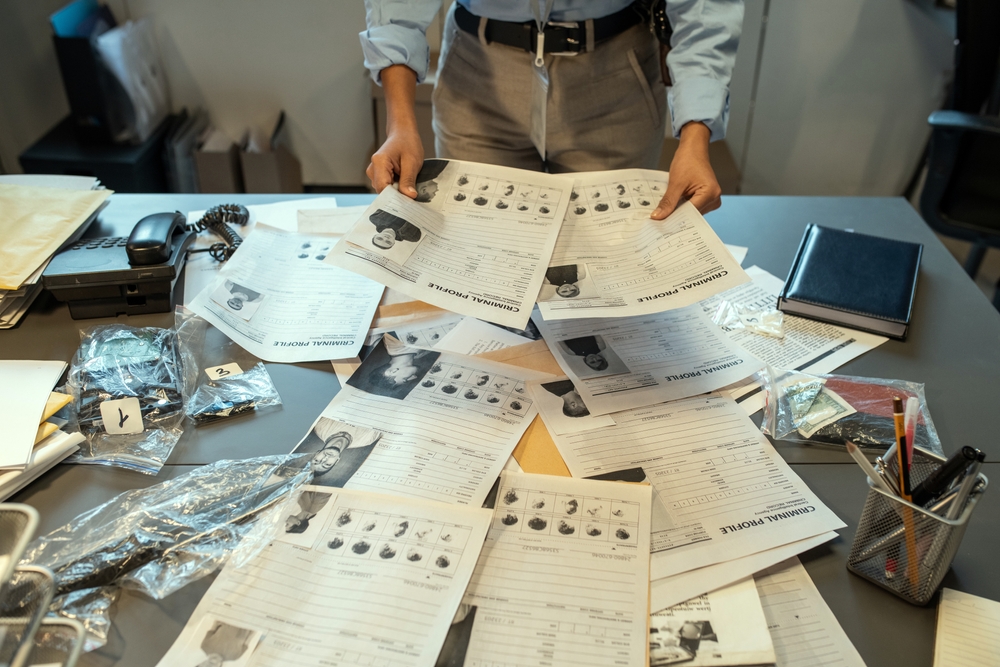
Share article:
Tags:
Unfortunately, for HR professionals, investigations can be an ugly and tricky part of the job with dire consequences if they’re not done right. Flawed investigations are one of the most common causes of failure at employment tribunals and the repercussions can be drastic for those involved.
While we’d all love to avoid formal investigations if we could, regrettably at times they are an essential response. When conducting an investigation, it is therefore imperative to take steps to ensure that findings are as accurate as possible.
Nick Snaith, one of TCM’s experienced investigators, recently delivered a webinar session exploring best-practice in workplace investigations. Nick is a former UK Law Enforcement officer with 26 years of experience in investigative and intelligence led policing in the UK and overseas and thus has extensive investigative experience.
Nick’s top tips for ensuring the validity and quality of workplace investigations include:
- Invest in training: Nick asserts that currently a lack of training and regulation within the workplace investigations industry means that many investigators may not be equipped with all of the necessary skills and knowledge required. Ensuring your investigators are clued up on techniques, strategies and procedures will help to ensure they get investigations right first time around.
- Research legislation: A thorough understanding of best-practice and legislation in regard to workplace investigation will help you to develop an understanding of the activities you can undertake, ensure you are acting within the law, as well as utilising all of the tools, evidence and routes of investigation available.
- Awareness of organisational policies and procedures: as an investigator, often the work you will undertake will be to look into behaviour which will have violated an organisation’s policies, procedures and/or values. By being aware of these specifically, you can guide and inform your avenues of investigation to illustrate how company policies have been broken.
- Be organised: It’s likely that you will need to sift through tonnes of information and data within an investigation. Utilise a well-structured folder system on a cloud storage platform to ensure that data related to your investigation is kept safe and well organised.
- Utilise the internet and open data sources: the internet can be a key research tool for investigators. Often, information posted on open public forums and social media can be useful evidence in developing lines of investigation. Use this to your advantage.
If you would like to explore these tips in more detail watch the webinar recording here. Additionally, you can explore our investigation training and services here.










